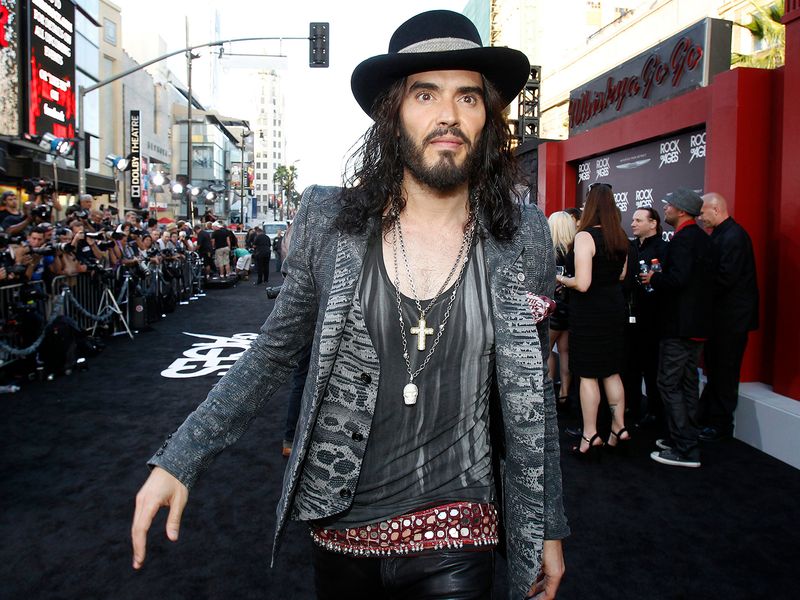Russell Brand is a charismatic and provocative figure known for his witty humor and passionate advocacy for social and political change. However, beneath the surface of his charming persona lies a complex web of economic ideas that some critics argue are flawed and even dangerous. In this article, we delve into what can be called “The Dark Economics of Russell Brand” to examine the economic theories and proposals put forth by the controversial comedian and activist.
1. Wealth Redistribution
One of Russell Brand’s central economic arguments revolves around wealth redistribution. He contends that the rich should be heavily taxed to provide for the poor and that extreme wealth inequality is a fundamental problem in society. While wealth inequality is a pressing concern, Brand’s proposed solutions often lack the nuance and economic viability required to address it effectively.
Brand has advocated for a heavy wealth tax, suggesting that the government should confiscate a significant portion of the assets and income of the wealthiest individuals. While this idea may seem appealing to some, it raises practical concerns about capital flight, tax evasion, and the potential negative impact on economic growth. Critics argue that such a policy may discourage investment and entrepreneurship, ultimately harming the very people it aims to help.
2. Anti-Capitalist Rhetoric
The brand is no stranger to criticizing capitalism itself. He often presents a bleak view of the capitalist system, characterizing it as inherently exploitative and unsustainable. While capitalism is not without its flaws, it has also been responsible for lifting billions of people out of poverty and driving innovation and economic growth.
Brand’s anti-capitalist rhetoric tends to oversimplify a complex economic system, ignoring the role it plays in fostering competition, innovation, and wealth creation. His calls for a complete overhaul of the capitalist system are met with skepticism by those who believe that reform and regulation can address its shortcomings without resorting to radical alternatives.
3. Lack of Concrete Economic Policies
One of the main criticisms directed at Russell Brand’s economic advocacy is the absence of concrete policy proposals. While he raises important issues, he often fails to provide detailed plans for how to address them. Critics argue that this lack of specificity undermines the credibility of his economic arguments.
For instance, Brand has advocated for a “revolution” without providing a clear roadmap for what that revolution would entail or how it would be implemented. Vague calls for radical change can lead to uncertainty and instability in economic markets, which can have detrimental effects on the very people Brand seeks to help.
4. Oversimplification of Complex Issues
Another concern with Brand’s economic discourse is his tendency to oversimplify complex economic issues. He often frames problems in black-and-white terms, failing to consider the nuanced factors that contribute to them. This oversimplification can lead to misguided policy recommendations and hinder productive dialogue on economic matters.
Conclusion
Russell Brand’s charismatic personality and passion for social justice have earned him a substantial following, and he undeniably raises important questions about wealth inequality and social justice. However, his economic ideas often fail to provide practical solutions to these complex issues. Critics argue that his calls for radical wealth redistribution and the rejection of capitalism lack the economic rigor and nuance required for effective policy-making. While Brand’s advocacy has undoubtedly sparked important discussions, it is crucial to critically examine the economic proposals he puts forth and consider their potential consequences before embracing them wholeheartedly.



